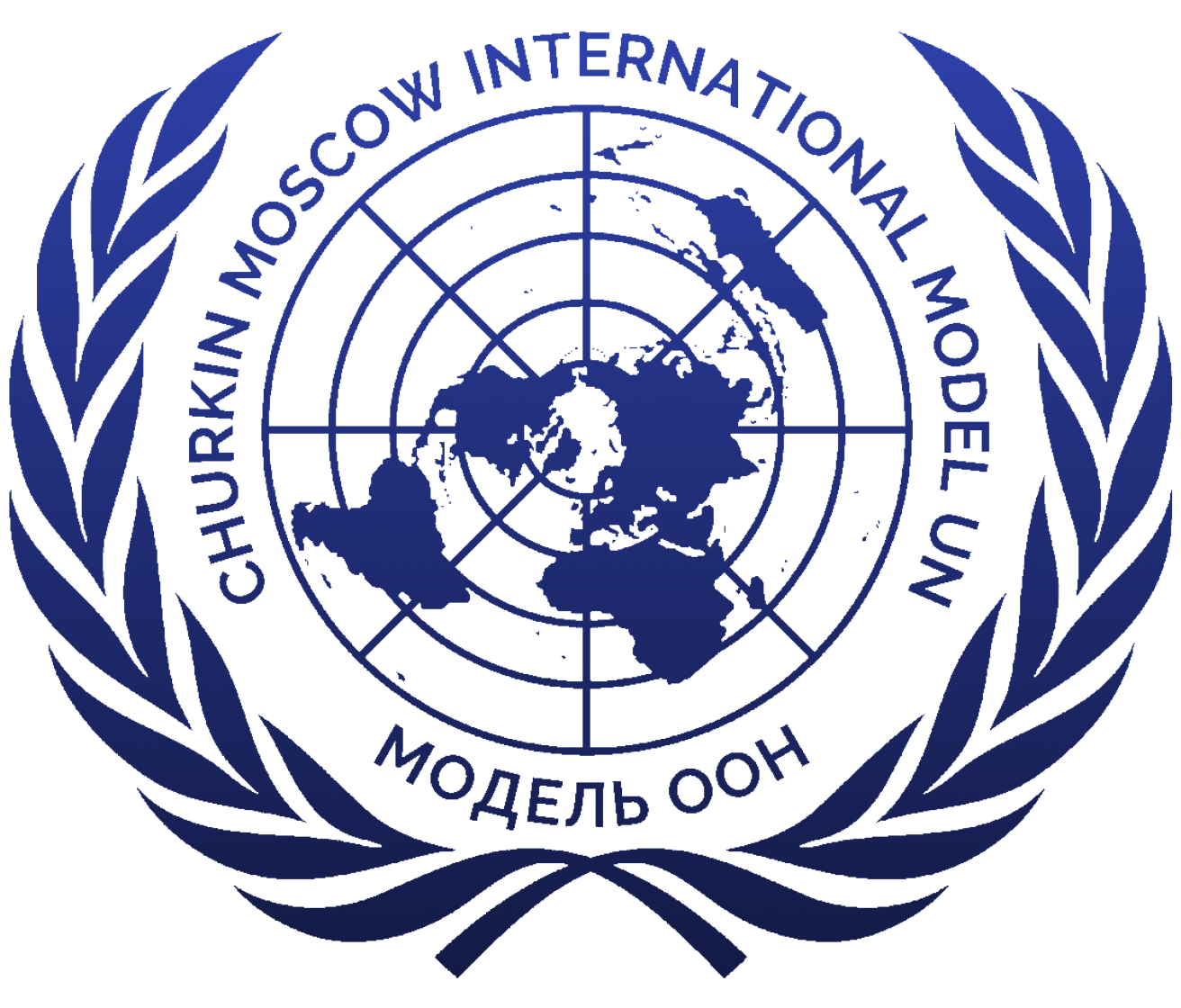- Про Модель ООНКомитетыУчастие
- Про Модель ООН
Economic and Social Council (ECOSOC)
The United Nations Economic and Social Council (ECOSOC) is one of the principal organs of the United Nations, responsible for promoting international economic, social, and environmental cooperation and development. It serves as a central platform for fostering dialogue, coordinating policies, and formulating recommendations to advance the Sustainable Development Goals (SDGs).
ECOSOC oversees the activities of numerous UN specialized agencies, commissions, and programs in areas such as public health, education, employment, technology, and social equity. Its work connects the economic and social dimensions of global governance, ensuring that growth and innovation contribute to human welfare and inclusive development.
The Council will analyze how automation and AI-driven technologies are reshaping labor markets. Delegates will debate strategies for managing technological transitions, ensuring fair employment opportunities, and designing international frameworks that balance innovation with social protection.
Through its discussions and resolutions, ECOSOC continues to act as the bridge between global economic progress and social justice, shaping policies that promote sustainable, equitable, and human-centered development worldwide.
Agenda: Global Unemployment in the Context of Human Labor Replacement by Artificial Intelligence
Submit an applicationPresident
Ekaterina Rumyantseva
Vice-president
Alexandra Belinskaya
Working language
English
Delegates and observers
54+4
Experts
Santiago Bustamante, Alina Tuzova
Mail
ecosoc@modelun.ruDear delegates,
Welcome to the Economic and Social Council (ECOSOC) at C-MIMUN 2026!
Our agenda — “Global Unemployment in the Context of Human Labor Replacement by Artificial Intelligence” — touches one of the most complex and urgent issues of our time. Artificial intelligence is reshaping the global labor market, forcing governments, businesses, and workers to adapt to an entirely new economic reality.
In recent years, we have seen how automation transforms industries: Japan pioneers robotics to counter demographic decline, while the United States faces debates about technological monopolies and workforce reskilling. In Europe, policies on “just transition” seek to ensure that no one is left behind, while countries like India and Brazil navigate how AI-driven innovation can coexist with vast informal economies. Each of these examples reminds us that technological progress, while inevitable, must remain guided by human-centered policy.
ECOSOC has always stood for balance — between efficiency and equality, innovation and inclusion. Our task is to analyze these diverse experiences and develop ideas that bring growth and fairness together.
I look forward to meeting each of you — curious minds ready to debate, challenge, and collaborate. Let this Model be more than discussion — let it be a space where diplomacy and reason meet to imagine the future of work.
With respect,
Ekaterina Rumyantseva
President of the Economic and Social Council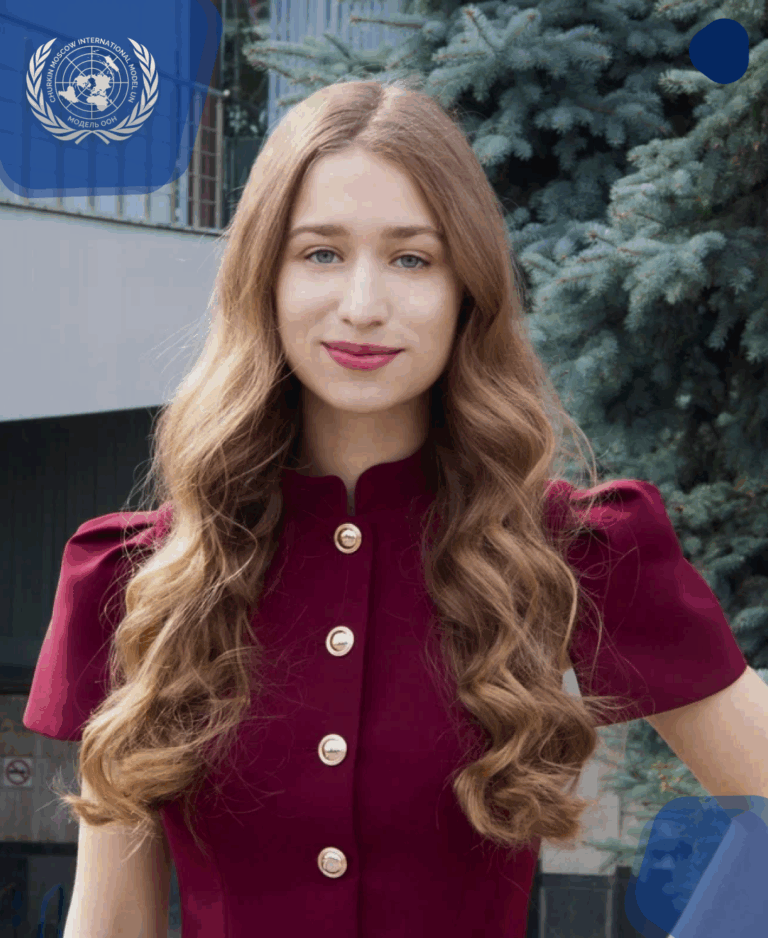
Dear Delegates,
I am glad to welcome you to the Economic and Social Council at C-MIMUN 2026!
Modern technologies create new opportunities but also take away stability from millions of people. It is crucial to find ways to ensure that progress serves everyone rather than deepening inequality.
I encourage you to approach this issue comprehensively from different perspectives such as economic, social, and ethical. I hope that our debates will help us to find the balance between innovation and justice, progress and responsibility.
I wish you all a productive work and inspiring ideas!
Sincerely,
ECOSOC Vice-President,
Alexandra Belinskaya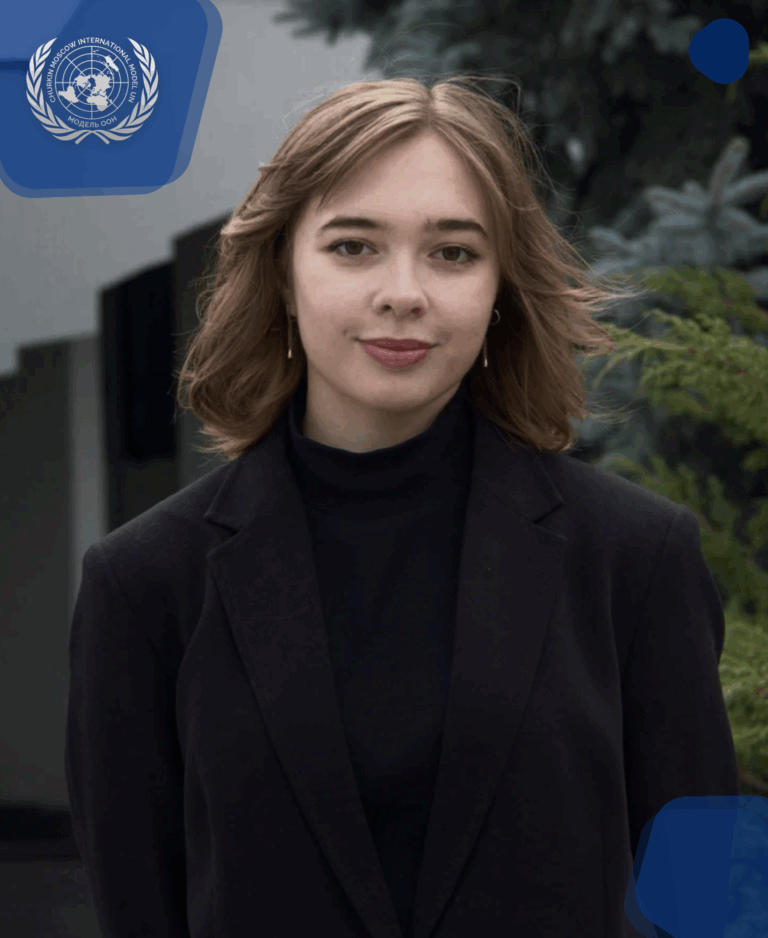
Honorable Delegates,
Welcome to the ECOSOC Committee. This year, our agenda addresses one of the most transformative and complex challenges of our time, global unemployment in the context of human labor replacement by artificial intelligence. The accelerating integration of AI across industries has already reshaped labor markets worldwide, creating new opportunities for innovation while displacing millions of traditional jobs and widening socio-economic inequalities.
Our responsibility in this committee is to explore how the benefits of technological progress can be shared fairly and sustainably across all nations. This requires us to balance economic growth with social protection, ensure inclusive labor transitions, and foster international cooperation in developing ethical and forward-looking labor policies.
Kind regards,
Expert
Santiago Bustamante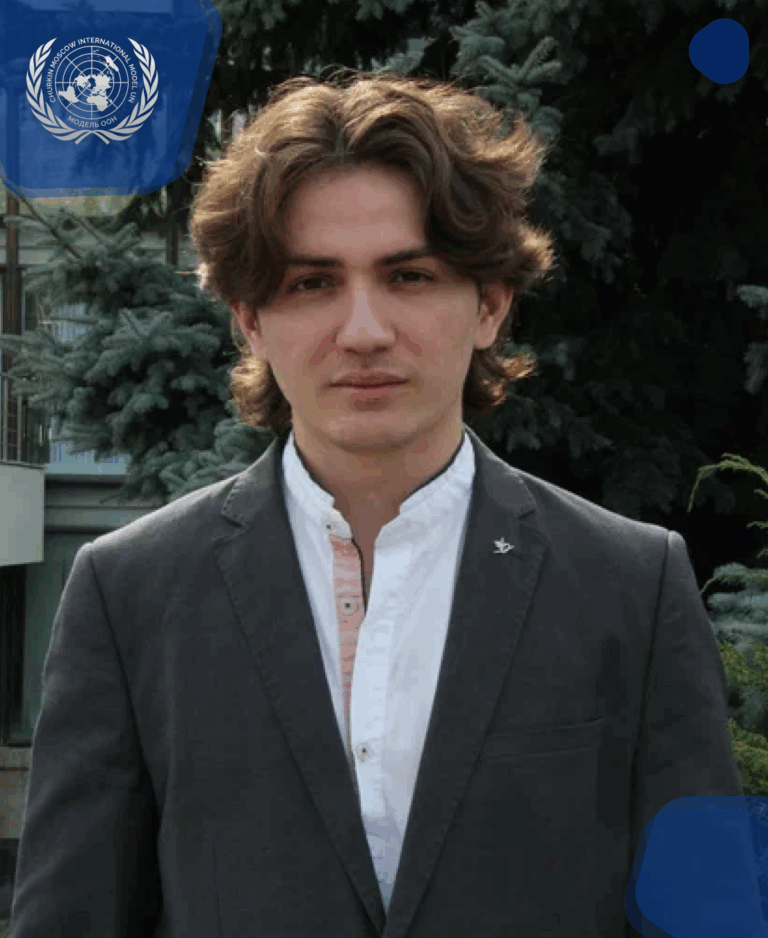
Dear delegates!
I am happy to welcome you to our committee at the Churkin Moscow International Model United Nations 2026! Our agenda is one of the most relevant and intriguing at the moment, so you will certainly not regret joining us.
I hope that the work of our committee will not only be an intellectual challenge, but also an opportunity for each of you to demonstrate your true diplomacy: to listen, argue, and reach compromises together. This is the spirit of the United Nations—bringing together diverse views for a common future.
ECOSOC has always been a space for dialogue, where economic interests are viewed through the prism of social justice and humanity, so I can only wish you productive debates, constructive solutions, and inspiring cooperation. I look forward to working with you and believe that through our joint efforts, we will surely achieve success on our issue!Sincerely yours,
The Expert of the ECOSOC Committee,
Alina Tuzova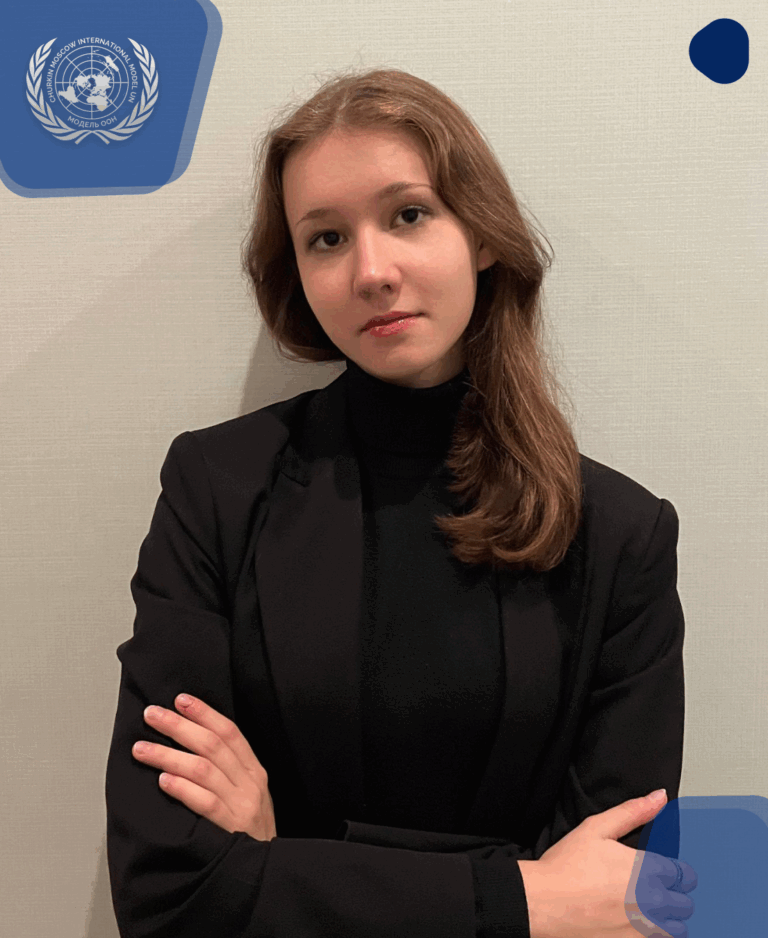
Theses are a short essay where you share your own ideas and possible solutions to the main topic of your committee. The goal is to show that you understand the issue and can think critically about it. Theses should look at the problem from a global point of view, not only from the perspective of one country.
Your text should be clear, logical, and based on facts or official documents (for example, UN reports or some statistics). Avoid writing in a creative or emotional style, because theses should be focused, analytical and practical.
Due to our agenda, in your theses, you can write about how artificial intelligence changes the job market, what risks and opportunities it creates, and what governments or international organizations can do to support people and reduce unemployment.
How to write good theses?
1. Read the export’s report carefully;
2. Find more information by reading UN documents, reports or articles about the topic;
3. Decide on your opinion and what solutions you want to suggest;
4. Write your theses in a simple, structured and logical way;
5. Check your text before sending it to make sure everything is clear and correct!Moreover, writing good theses is your chance to show that you are interested, prepared and ready to discuss important world problems — like the future of work in the age of AI.
Our recommendations for formatting:
1) Length: from 2000 to 2500 characters.
2) Structure: introduction, main part, conclusion.
3) Theses should be written in the working language of the committee you want to apply to.
4) Avoid using AI, because the Presidium checks all theses for this.What are Country Positions?
In addition to the theses, delegates are also asked to prepare a country position — a brief analytical document presenting the official stance of the assigned state on the committee’s agenda.
Your position paper should be approximately two pages long, though some delegates may deliver only a one-page statement during the session. The exact time for speeches will be determined later by the delegates themselves during the meeting.
Your position paper should include:
1. The country’s general view on the problem of the Committee;
2. National interests and priorities related to the topic;
3. References to previous UN actions, resolutions, or policies the country has supported or opposed;
4. Proposed solutions that align with the country’s foreign policy and current international commitments.The position paper helps other participants understand the logic and motivations behind your country’s actions, preparing you for realistic, diplomatic, and engaging debates.
Please note that all positions must be written in English, the working language of our committee. All submissions will be checked by the Presidium for the use of GPT Chat or any other AI tools, so be creative — and make sure your paper reflects your own analytical work and perspective.
Country list: Representative: 1 Algeria 2 Armenia 3 Australia Mikhailova Anna Borisovna 4 Azerbaijan 5 Bangladesh 6 Botswana 7 Brazil Kryukov Nikita Igorevich 8 Cabo Verde 9 Cameroon 10 Canada Меркулов Михаил Дмитриевич 11 China Ervandyan Arina Stepanovna 12 Colombia 13 Costa Rica 14 Côte d'Ivoire 15 Croatia 16 Djibouti 17 Dominican Republic 18 Equatorial Guinea 19 Finland Воинцев Сергей Алексеевич 20 France Anastasiia Zharova (Жарова Анастасия Александровна) 21 Germany Golub Aleksandr Stanislavovich 22 Haiti 23 India Ekaterina Morozova 24 Italy Geraskina Sofiia Artemovna (Гераськина София Артёмовна) 25 Japan Мария Лемясева 26 Kenya Kseinova Varvara Andreevna 27 Lao People's Democratic Republic 28 Mauritania Екатерина Левкина Ekaterina Levkina 29 Mexico Gulii Grigorii Alexandrovich 30 Nepal 👑President 31 Kingdom of the Netherlands 32 Nigeria 33 Pakistan 34 Paraguay Tung Anh Nguyen 35 Poland 36 Qatar Soulivanh Vilavong 37 Republic of Korea 38 Russian Federation 39 Saudi Arabia 40 Senegal 41 Slovakia 42 South Africa Nadezda Guryeva 43 Spain Maria Terenteva 44 Sri Lanka 45 Suriname 46 Sweden Арина Алексеевна Зайцева 47 Switzerland Nika Rakitina 48 Türkiye Окунева Дарья Ильинична 49 United Kingdom of Great Britain and Northern Ireland Daria Ivanova 50 United Republic of Tanzania 51 United States of America Alisa Rubina 52 Uruguay Chinyere Blessing Offorah 53 Uzbekistan 54 Zambia Observers: 1 International Labour Organization (ILO) Анастасия 2 International Telecommunication Union (ITU) Angela 3 World Intellectual Property Organization (WIPO) 4 World Economic Forum (WEF)
